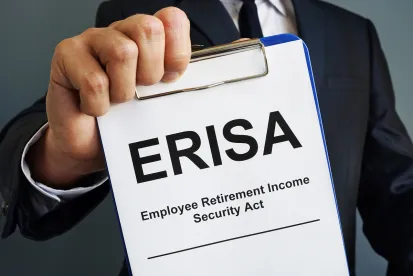On March 10, 2021, the U.S. Department of Labor (the “DOL”) issued a statement that it intends to revisit its final rules issued late last year on “Financial Factors in Selecting Plan Investments” (summarized here) and “Fiduciary Duties Regarding Proxy Voting and Shareholder Rights” (summarized here), which some viewed as restricting “do-good” or “ESG” investing by investors subject to the U.S. Employee Retirement Income Security Act of 1974, as amended (“ERISA”). The DOL further stated that, until it issues further guidance, the DOL will not enforce either rule or otherwise pursue enforcement actions against any ERISA plan fiduciary based on a failure to comply with those final rules with respect to an investment (including a “Qualified Default Investment Alternative” offered under a 401(k)- or 403(b)-type plan) or investment course of action or with respect to an exercise of shareholder rights.
The DOL undertook a review of these rules as part of the Biden administration’s directive to review Trump administration regulations that were inconsistent with, or presented obstacles to, the promotion and protection of public health and the environment. The DOL reportedly heard from a wide variety of stakeholders, including asset managers, labor organizations and other plan sponsors, consumer groups, service providers, and investment advisers, who expressed the following highlighted concerns: (i) the rules did not properly reflect the scope of an ERISA plan fiduciary’s duties of prudence and loyalty, (ii) the rulemakings were unnecessarily rushed and failed to consider and address evidence from public commenters on the use of “ESG” to improve ERISA plan investment returns, and (iii) the rules (and confusion about the rules) already have had a chilling effect on the appropriate integration of “ESG” factors in ERISA plan investment decisions.
Notwithstanding the DOL’s non-enforcement statement, the regulations have not been rescinded. Accordingly, ERISA plan fiduciaries should continue to step carefully when making “ESG”-related investment decisions and when exercising shareholder rights based on “ESG” considerations.





 />i
/>i

